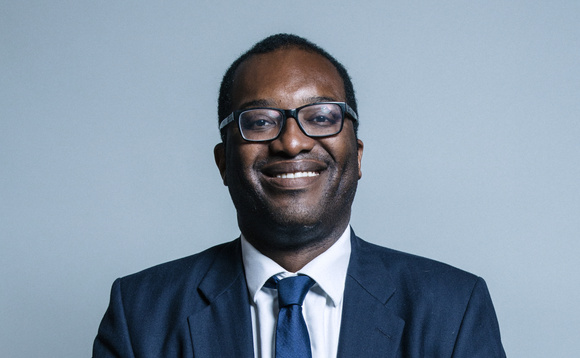Kwasi Kwarteng has been appointed Chancellor of the Exchequer as Liz Truss takes on the mantle of prime minister.
Following the results of the Conservative party election revealed on Monday (5 September), Truss has been assembling a cabinet in order to address the magnitude of problems facing the nation.
Liz Truss named UK Prime Minister: The green economy reacts
The fourth chancellor in three years, Kwarteng will lead the charge in "rebuilding the economy", a promise made in Truss's first speech outside Downing Street.
Truss also promised to "get Britain working again", alluding to a growth plan achieved through "tax cuts and reform" and building infrastructure. In the immediate term, the new prime minister reiterated her commitment to dealing with energy bills in order to prevent a predicted 9.2 million households entering fuel poverty next year.
While no plans are yet confirmed, it is understood across the political sphere that bills could be capped at roughly £2,500 for the average household, a policy that would be paid through borrowing in excess of £100bn.
Shaun Moore, tax and financial planning expert at Quilter, said the new chancellor faces an oncoming challenge echoing that of Rishi Sunak's oversight of the Covid-19 pandemic.
"In its aftermath, coupled with the many other global issues from supply chain bottlenecks to the devastating ongoing war in Ukraine, the country now faces a rapidly slowing economy and rising interest rates," he explained. "As such, questions will immediately be asked as to how and when help will come and, ultimately, how it will be paid for."
Tax cuts were a core feature of Truss's leadership bid but Moore notes that they are likely to face criticism if seen to be benefiting richer households and not supporting the poorest in the country enough.
Liz Truss succeeds Boris Johnson as the UK's next PM
Elsewhere, Jacob Rees-Mogg takes on Kwarteng's former role as business, energy and industrial strategy secretary and is already drawing flak for his frequently-voiced scepticism over the seriousness of climate change, supported by climate minister Graham Stuart.
Suella Braverman replaces Priti Patel as home secretary, James Cleverly takes Truss's former position as foreign secretary and Therese Coffey becomes both health secretary and deputy prime minister, pushing out Dominic Raab and Steve Barclay.





